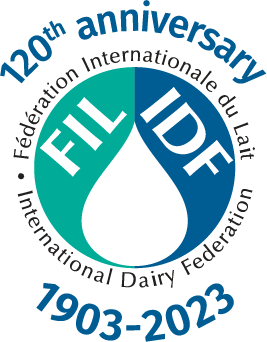Share this page

AUTHOR
Andrew Mente Population Health Research Institute • Canada
Learning Objectives
- What is the current evidence on the impact of fats and carbohydrates on cardiovascular events and mortality from observational studies and randomized controlled trials?
- What does the PURE study add to the debate and why is its information valuable?
- How do the PURE data affect dietary advice related to saturated fat, meat, and dairy?
Take home messages
Fats are part of a healthy diet:
Unlike many epidemiological studies in high-income countries that suffer from strong Western lifestyle bias, the PURE study is unique in its global assessment representing diverse diets (involving 18 countries from five continents)
PURE data are at odds with recommendations that limit the consumption of unprocessed meats, dairy, total fat (to <30% of total energy), and saturated fat (to <10% of total energy)
The consumption of unprocessed meats and of dairy were associated with lower risk of mortality and cardiovascular disease; fats, including saturated and unsaturated fats, were associated with a lower risk of mortality
Replacing saturated fat with carbohydrate had an adverse effect on blood lipids and a high carbohydrate diet (>50-55%E) was associated with a higher risk of mortality
In general, cohort and intervention studies confirm that saturated fats do not lead to all-cause mortality or cardiometabolic diseases, which are also unlikely to be reduced by the replacement of saturated fat by omega-6 polyunsaturated fatty acids
The PURE healthy diet score – comprised of higher intakes of fruit, vegs, nuts, legumes, fish, dairy, and meats – was associated with lower mortality and cardiovascular disease globally
Further information
and additional resources are accessible thought the research papers de Souza et al. 2015, Mente et al. 2017, Dehghan et al. 2017, Dehghan et al. 2018.






